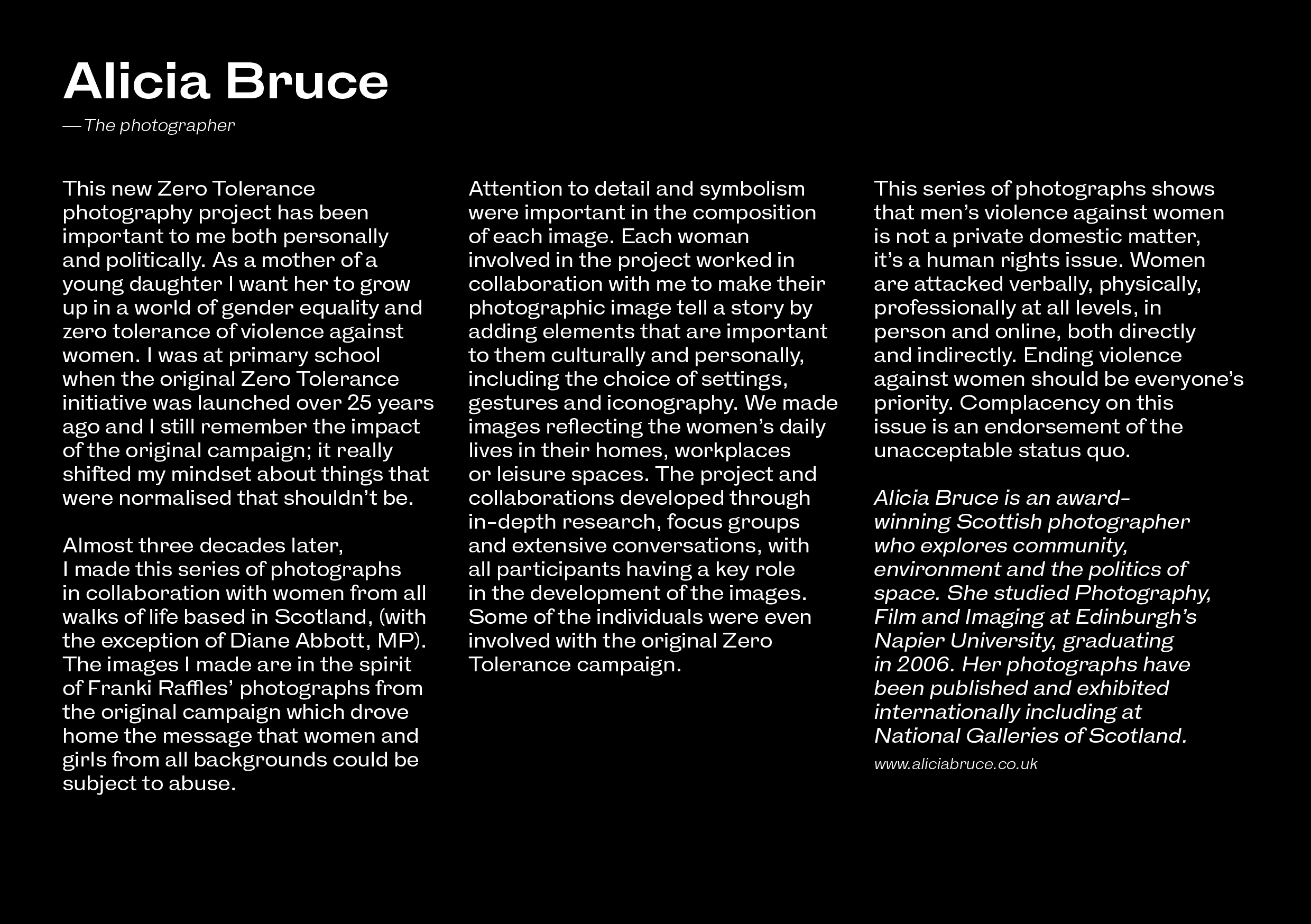
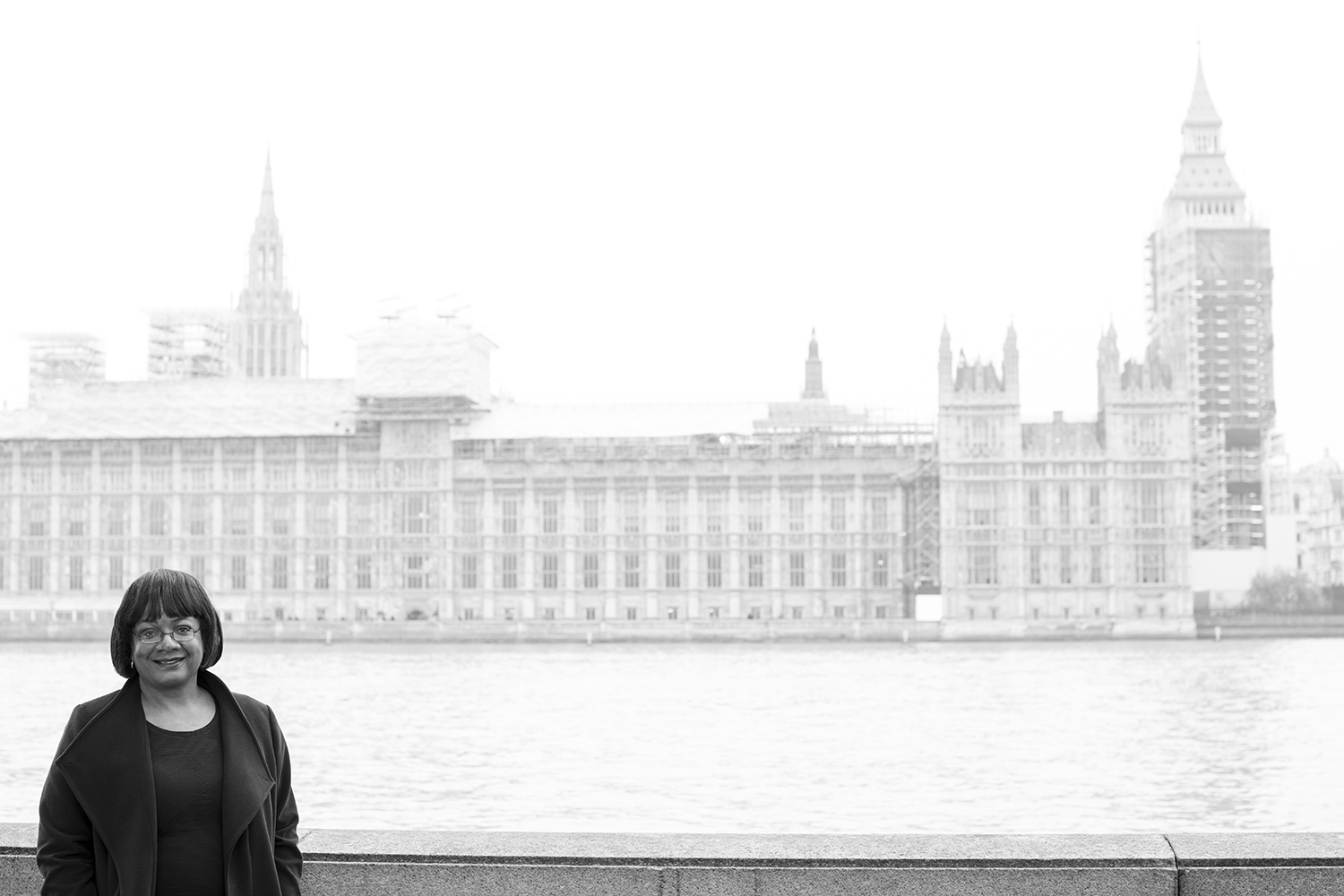

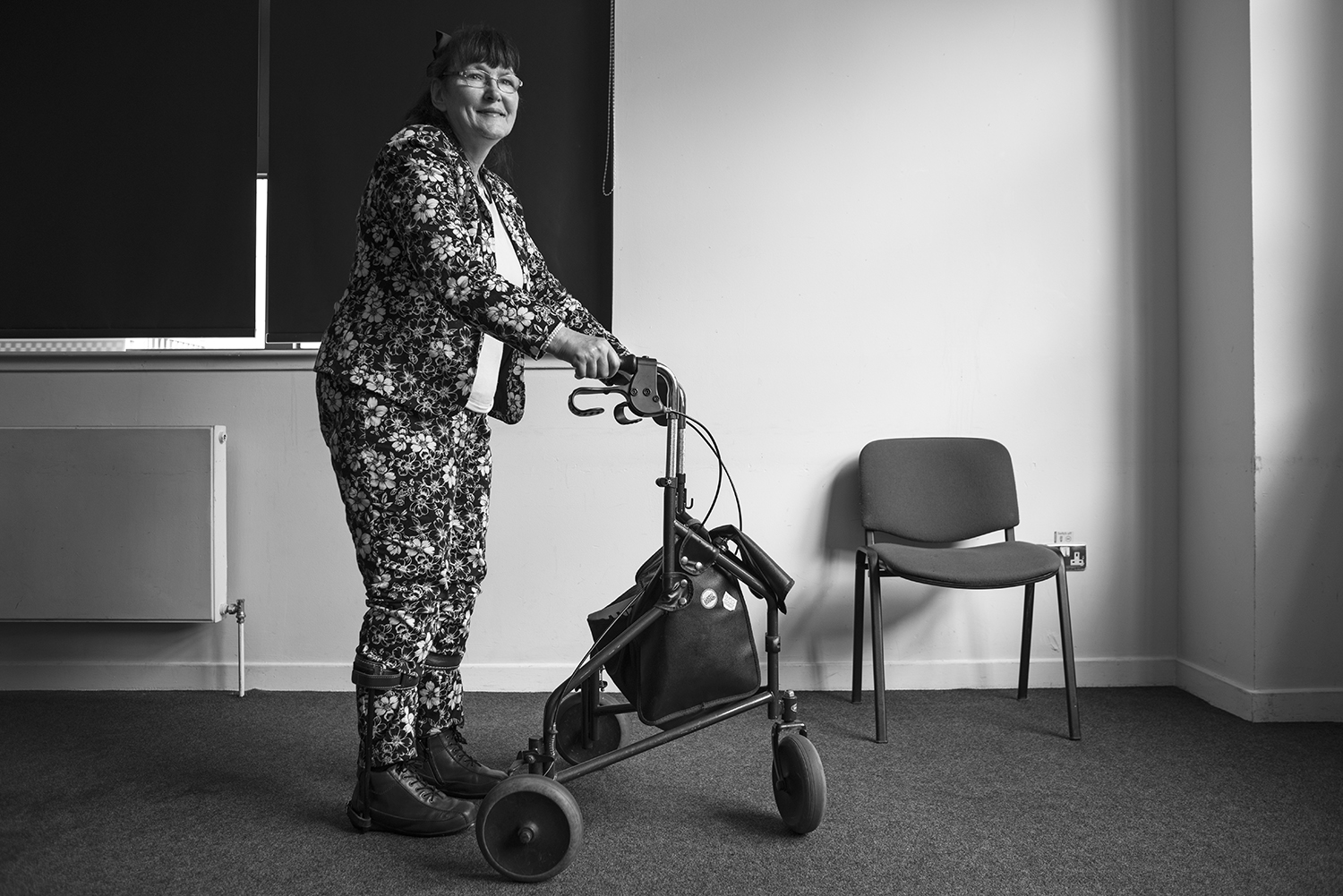
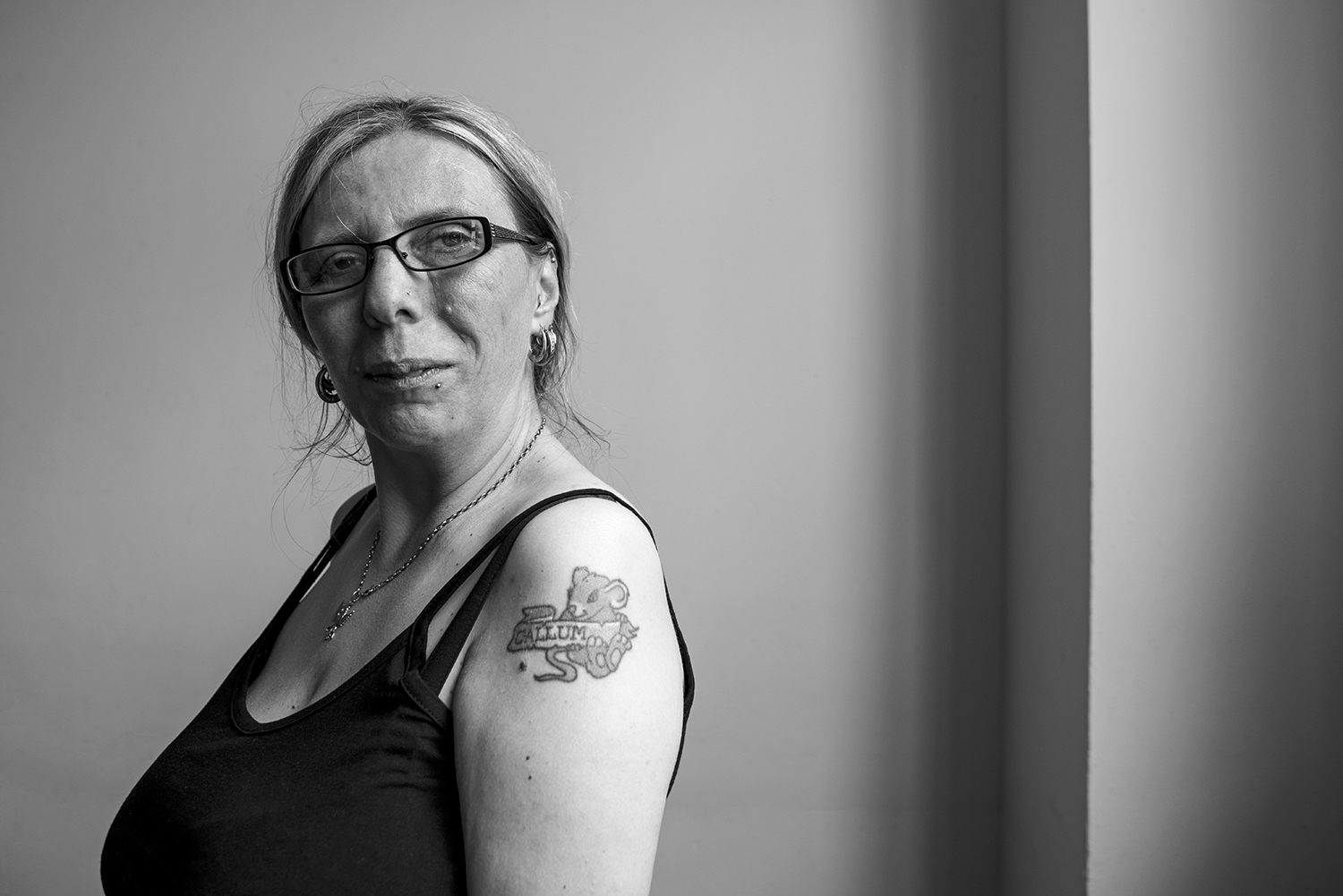
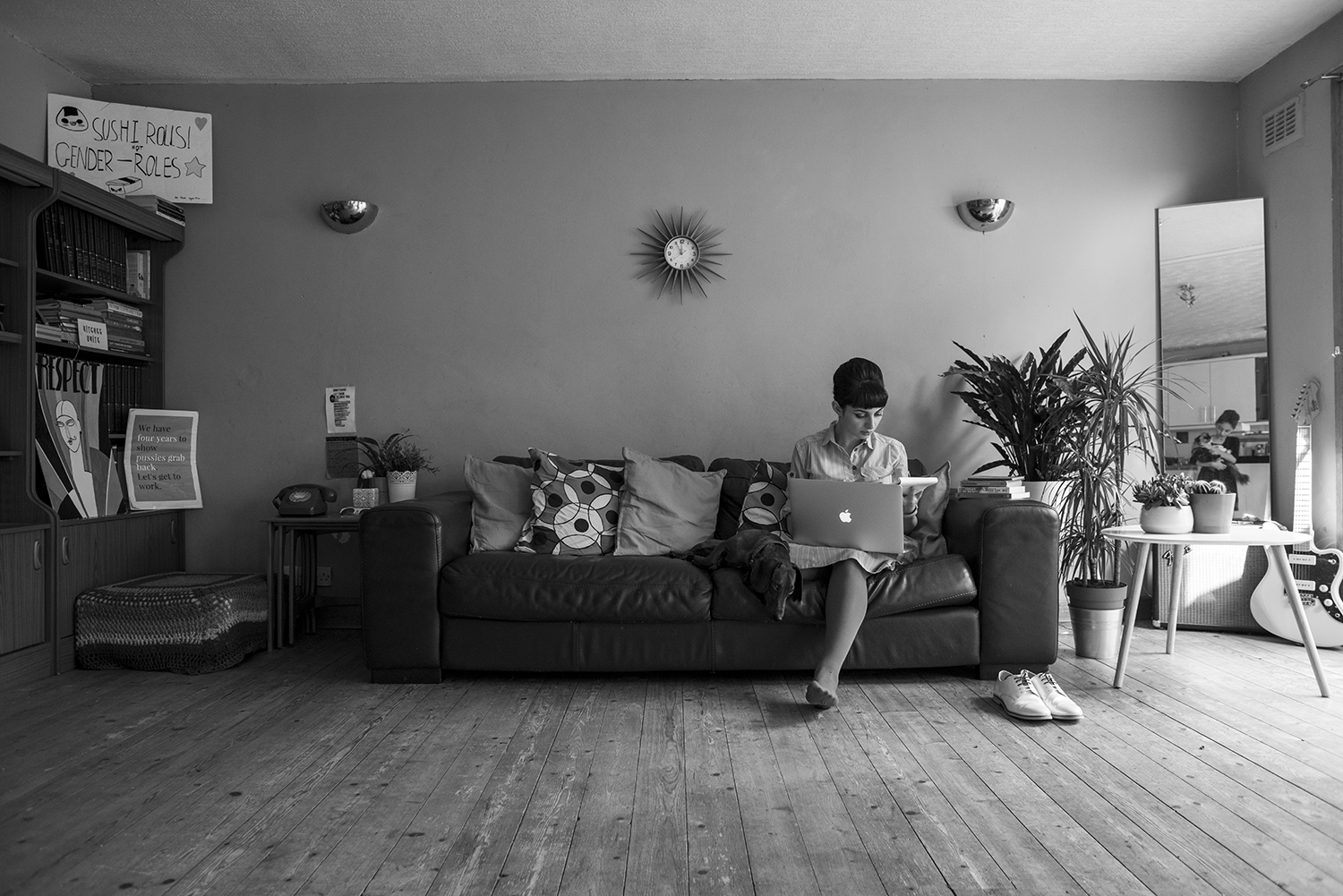
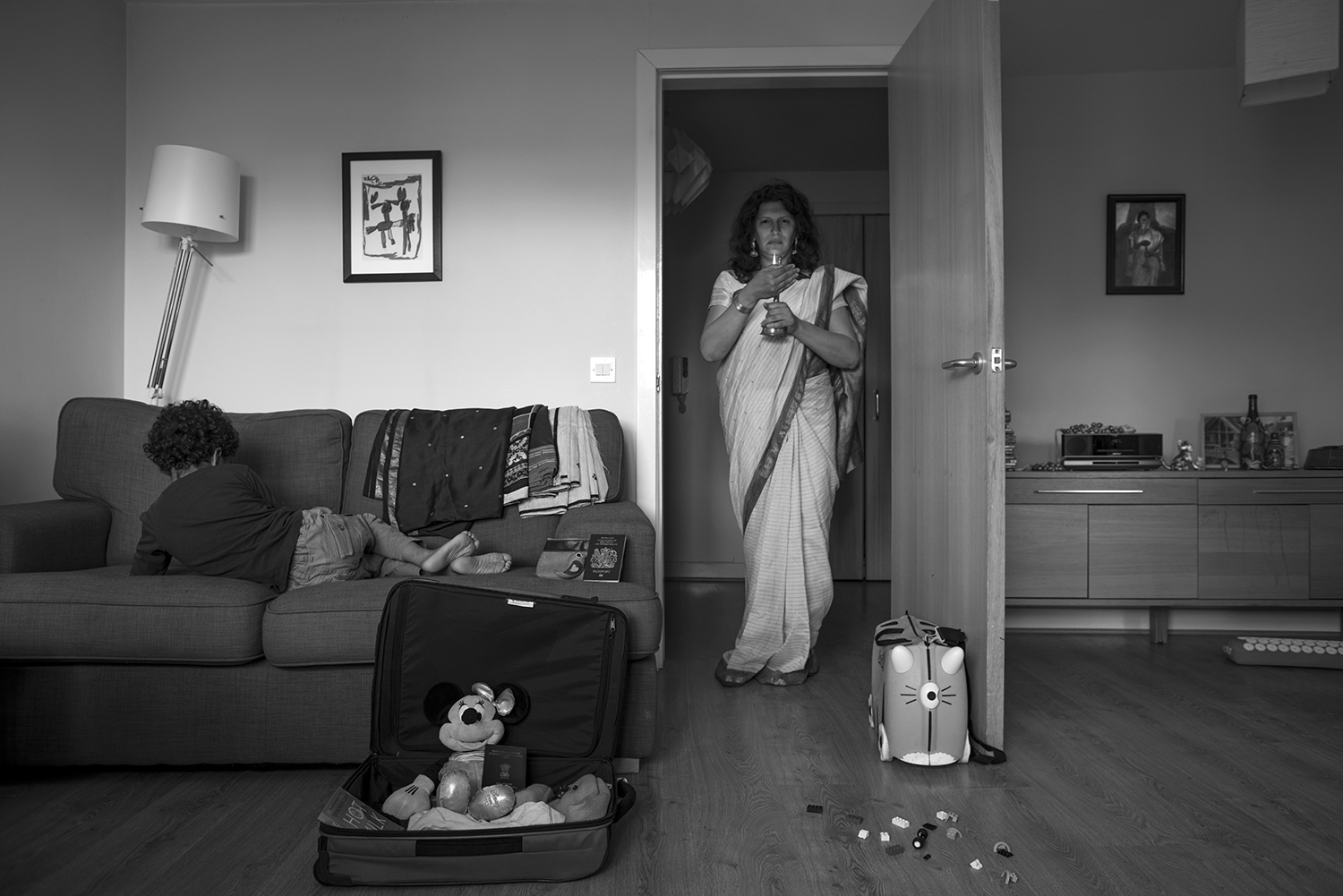
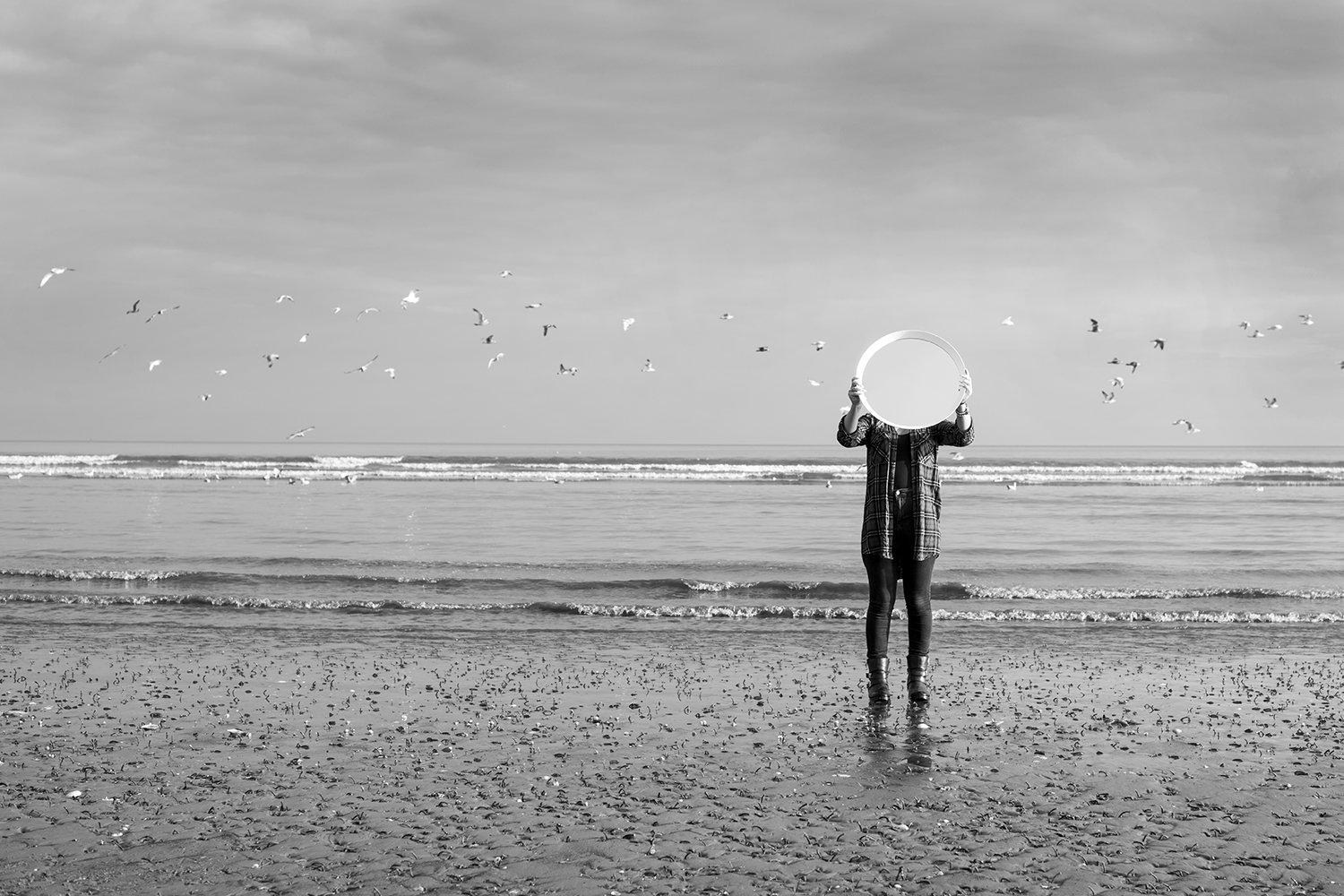

“The mindless abuse has been characteristically racist and sexist. I have had death threats, and people tweeting that I should be hanged and raped.” Diane Abbott
Diane Abbott received a disproportionately large amount of online abuse and was the target of almost a third (31.61%) of all abusive tweets to MPs in the
period from January to June 2017.1 She received even more abuse in the six weeks leading up to 2017’s snap general election, when 45.14% of abusive tweets were aimed at her. The type of abuse she receives often focuses on her gender and race, and includes threats of sexual violence.
Women in politics — particularly black and minority ethnic women — face an extraordinary amount of abuse, particularly on social media. This abuse is an attempt to silence women and prevent other women getting involved in politics or otherwise expressing their opinions publicly. To achieve equal representation in politics, this needs to be challenged.
Diane Abbott is the UK’s first black female MP and currently Labour MP for Hackney North and Stoke Newington, as well as Shadow Home Secretary.
1 Amnesty International UK, Unsocial Media: Tracking Twitter Abuse against Women MPs

“They thought if you weren’t cut, you’re going to be talked about, you’re going to be stigmatised, no-one is going to marry you. And here I was thinking; “Do I care about the marriage part, or do I care about their health? Do I want them to suffer what I’ve suffered? Do I want them to go through what I go through?” No way.” Fatou Baldeh
As many as 137,000 girls in the UK undergo female genital mutilation (FGM) every year.2 FGM is a form of control of women’s sexuality and an expression of men’s sense of ownership of women. These crimes are neither religious nor culturally specific and anyone, from anywhere, may be affected.
The World Health Organisation estimates that around 140 million women from 29 countries worldwide have been affected by FGM and that every year another three million girls become at risk of the procedure, which either partially or wholly removes or injures their genitalia, for non-medical reasons.
2 City University London, Prevalence of Female Genital Mutilation Study (2015)
Picture developed in collaboration with Shakti Women’s Aid.
Fatou Baldeh is a Gambian-born activist involved in the campaign to end FGM. She has an MSc. in Sexual and Reproductive Health and is the FGM mapping and network coordinator at Waverley Care and a Trustee for Dignity Alert & Research Forum (DARF). She experienced female genital mutilation at the age of 7.
Shakti Women’s Aid helps black, Asian and minority ethnic (BAME) women, children, and young people experiencing, or who have experienced, domestic abuse from a partner, ex-partner, and/or other members of the household. Shakti provides training and consultancy for agencies working with BAME women, children, and young people.
www.shaktiedinburgh.co.uk

“How are you supposed to get anyone to believe you if everybody thinks he is a “Saint” because of how he helps you?” Wise Women, Daisie Project: violence against disabled women survey
Disabled women are twice as likely to experience men’s violence as non-disabled women. 73% of disabled women have experienced domestic abuse. Almost one in two disabled women will be abused in their lifetime at the hands of their partner, family or carer. Some of their experiences fit within traditional definitions of domestic abuse, some do not.
For a disabled woman, domestic abuse can take on unique, complex forms, often specifically related to their disability6 such as having medicine withheld, being physically assaulted or deliberately not assisted to go to the toilet. Humiliation and belittling are often part of the abuse, which can reinforce any existing feelings of low self-esteem and make women less likely to report violence.
Picture developed in collaboration with People First (Scotland).
People First (Scotland) works to support people with learning difficulties to have more choice and control over their lives and works for the human rights of people who have the label of Learning Disability. People First (Scotland) is controlled by its members, who all identify themselves in that way. People First (Scotland) campaigns to establish and protect the same freedom, choice, dignity and control held by other citizens across all areas of life. Formed by the active membership in 1989, People First was established as a Charity in its own right in 1997 with the express purpose of enabling people with learning disabilities in Scotland to achieve their full potential and specifically to take part in collective self-advocacy and express their thoughts, feelings, preferences and ideas. Also, as a disabled persons’ organisation, People First (Scotland) is set up to represent the views and interests people with learning disabilities and does this effectively, across a wide range of settings.
4 British Crime Survey (1995), also confirmed by data from other countries
5 Wise Women (2015), Daisie Project: violence against disabled women survey
6 www.womensaid.org.uk/the-survivors-handbook/
7 www.theguardian.com/society/2012/nov/19/domestic-violence-disabled-women-abuse

“As a disabled woman, society has already deemed me to be inadequate, therefore unable to have any form of relationships, so to have problems regarding violence and abuse is as unthinkable as having a relationship at all.” Wise Women, Daisie Project: violence against disabled women survey
A lack of education and awareness regarding disabled women’s sexual and reproductive lives leaves them more susceptible to sexual violence, abuse and coercion.(8) Some disabled women report that stigma about disability makes them willing to accept a partner who might mistreat them.(9) Assumptions are frequently made that disabled women are asexual, over-sexual, or will not have relationships. This results in lack of autonomy to make decisions regarding their sexual and reproductive lives, and lack of freedom of sexual expression
and self-determination.(10) Disabled women and girls’ sexuality and gender identity are often heavily policed, denied or restricted.(11) Yet, empirical studies confirm that young disabled women have the same concerns and needs with regard to sexuality and relationships as their peers, and have similar patterns of sexual behaviour.(12)
First (Scotland) works to support people with learning difficulties to have more choice and control over their lives and works for the human rights of people who have the label of Learning Disability. People First (Scotland) is controlled by its members, who all identify themselves in that way. People First (Scotland) campaigns to establish and protect the same freedom, choice, dignity and control held by other citizens across all areas of life. Formed by the active membership in 1989, People First was established as a Charity in its own right in 1997 with the express purpose of enabling people with learning disabilities in Scotland to achieve their full potential and specifically to take part in collective self-advocacy and express their thoughts, feelings, preferences and ideas. Also, as a disabled persons’ organisation, People First (Scotland) is set up to represent the views and interests people with learning disabilities and does this effectively, across a wide range of settings.
8 Inclusion Scotland (2015) MSP Briefing Violence Against Disabled Women
9 United Nations General Assembly (2017) Sexual and reproductive health and rights of girls and young women with disabilities
10 Engender (2018), Our Bodies, Our Rights Education Briefing
11 Women With Disabilities Australia (2016) Position statement 4: Sexual and reproductive rights
12 United Nations General Assembly (2017) Sexual and reproductive health and rights of girls and young women with disabilities

“I had this massive invasion of privacy followed by a horrible backlash. It hurt me in ways I didn’t know I could be hurt. When you’re in the midst of that it’s so painful and so disruptive. It oscillates and affects the rest of your life.” Vonny Moyes
So-called ‘revenge porn’ is a digital extension of sexual violence.(14) There are serious long-term consequences to internet harassment, both professional and personal. 70% of employers have rejected applicants due to information found online. (15) 41% of women who had their intimate images shared online receive threats of assault, rape and murder from those viewing their images.(16)
Vonny Moyes is a feminist journalist and activist, weekly columnist for Scotland’s The National, a regular commentator in the Guardian, and head of digital communications for an environment agency. She was heavily involved in grassroots organising during the Scottish independence referendum, and campaigns on gender equality. She was a finalist in Zero Tolerance the Write to End Violence Against Women Awards in 2016 and 2017.
14 The Conversation (2015) Revenge porn is just one part of a changing picture of harassment theconversation.com/revenge-porn-is-just-one-part-of-a-changing-picture-of-harassment-43703
15 Amnesty International, Toxic Twitter: Psychological harms of violence and abuse against women online
16 D.K. Citron, Hate Crimes in Cyberspace (Harvard University Press 2014), at p.16–17
Quote: Vonny Moyes for iNews (2017) The Women who refuse to be silenced by online abuse by Rebecca Monks.

“The outsider everywhere: Trans, woman and Migrant. Identities, so beautifully one in me yet so oppressive in the hands of the powerful. Trans women live under the same system of patriarchy as other women. Though our experiences will differ, many of our needs overlap, have the same root and require the same solution — gender equality.” Mridul Wadhwa
83% of trans women have experienced hate crime at some point in their lives; like all women, trans women also experience domestic abuse, sexual violence
and other forms of violence against women.(13) Trans and non-binary rights are integral to, and contribute to feminism. Trans women have long been part of the women’s movement through their support, voluntary work and as staff members. Violence against women, homophobia and transphobia are all rooted in misogyny.
Picture developed in collaboration with Shakti Women’s Aid & Rape Crisis.
Mridul Wadhwa: ‘I was born in India and first came to Scotland in 2004 to go to University. Since graduating, I have worked in the violence against women sector mainly with Black Minority Ethnic and immigrant women. These days I work at Forth Valley Rape Crisis Centre. As a trans and immigrant woman, I am very conscious of my experience of being the eternal minority but I have acquired the ability to influence. I am interested in ensuring that young women with similar experiences as me don’t have to question their right to contribute and participate in our society. I am passionate about campaigning for better rights for women and others with insecure immigration status. Both Oprah Winfrey and my maternal grandmother are my inspiration. They taught me the joys of fearlessness.’
13 Equality Network, Scottish Trans (2017): Scottish LGBTI Hate Crime Report

“The most harmful aspect of prostitution is having to repeatedly endure unwanted sex. It is a space where men can buy women’s consent.” Encompass Network
99% of women who sell sex have been victims of violence, with more frequent injuries than workers in occupations considered most dangerous, like mining, forestry and fire fighting. 71% of women who sell sex have experienced physical assaults and 62% have been raped. 89% of them wish to leave prostitution but did not have other options.
Paying for sexual access to women’s bodies is a form of violence against women. It is an expression of a presumed male entitlement to sexual gratification, and exploits women’s lack of economic power. Women who experience multiple disadvantages, such as trans and migrant women, and women with experience of the care system, are more likely to sell sex. There are clear links between the sex industry and the trafficking of women and girls for sex. For most women selling sex is not a free choice, but a response to a lack of other choices. Gender equality is only possible when sexual interactions between women and men are based on free, informed and enthusiastic consent.
Picture developed in collaboration with Women’s Support Project. Model: Katie. Women’s Support Project is a feminist voluntary organisation, recognised as a Scottish Charity. The project works to raise awareness of the extent, causes and effects of male violence against women, and for improved services for those affected by violence. Key themes in our work have been highlighting the links between different forms of male violence and promoting interagency responses to the abuse of women and children.
www.womenssupportproject.co.uk
Encompass Network is a Scottish network of agencies working with people at risk of becoming involved in, who are currently involved in, or who have exited selling or exchanging sexual activity / commercial sexual exploitation (CSE)
www.encompassnetwork.info
3 Melissa Farley, Risks of Prostitution: When the Person Is the Product
GET HELP
Zero Tolerance is not able to provide helpline support or legal advice.
If you or someone you know is in immediate danger or in need of urgent protection, call the police on 999.
Police Scotland
999 Emergency
101 Non-Emergency
For helpline support please call:
Scotland’s Domestic Abuse & Forced Marriage Helpline
0800 027 1234.
Free, confidential, 7 days, 24 hours a day
helpline@sdafmh.org.uk
(response within 2 days by email)
Rape Crisis Scotland Helpline
Offers free and confidential support and information by phone or email. It is for anyone, women and men, affected by sexual violence, no matter when or how it happened.
Phone any day between 6pm and midnight on 08088 01 03 02
or if you are deaf or hard of hearing on minicom number 0141 353 3091.
We can arrange for language interpreters if your first language is not English.
Note: All above contact information provided by Zero Tolerance ‘Violence Unseen’ Brochure, September 2018